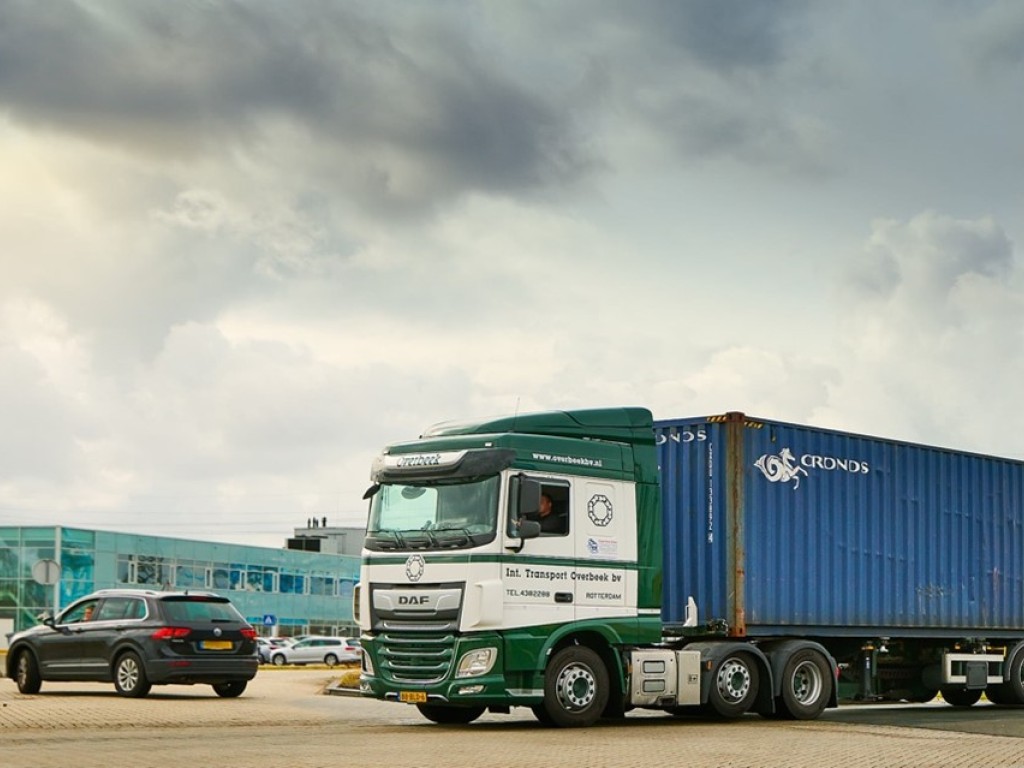DYNAFLOAT (Dynamic urban traffic flow management using floating-car, planning, and infrastructure data)

The growing urbanization concentrated in large cities poses enormous challenges to the society. The efficient use of available infrastructure and sound mobility and logistics planning and control frameworks are among the main challenges. This proposal focuses on logistics and mobility, and seeks to reconcile economic, social and ecological objectives. That is: transport and logistics should be maximally efficient, with minimum delay and limited adverse environmental effects (carbon and particle emission, noise). In particular, we focus on the use of massively available planning and floating-car data in addition to data from roadside equipment, to enable dynamic control of both freight and passenger flows. In addition, we will extend existing mathematical models for road traffic so as to jointly study interacting bottlenecks while capturing the essential characteristics of road traffic dynamics. In an urban setting, optimal control for smooth traffic flow requires an integrated approach, simultaneously controlling the network of intersections as a whole. Besides the ?network view? our research proposal is also innovative in accurate traffic modeling. We will combine distinct modeling approaches to accurately capture the essential dynamics of road traffic. Depending on the research questions at hand, we will use microscopic models that mimic individual car dynamics, mesoscopic models that capture aggregated traffic flows and macroscopic models that incorporate space-related dynamics in urban networks with different characteristics.